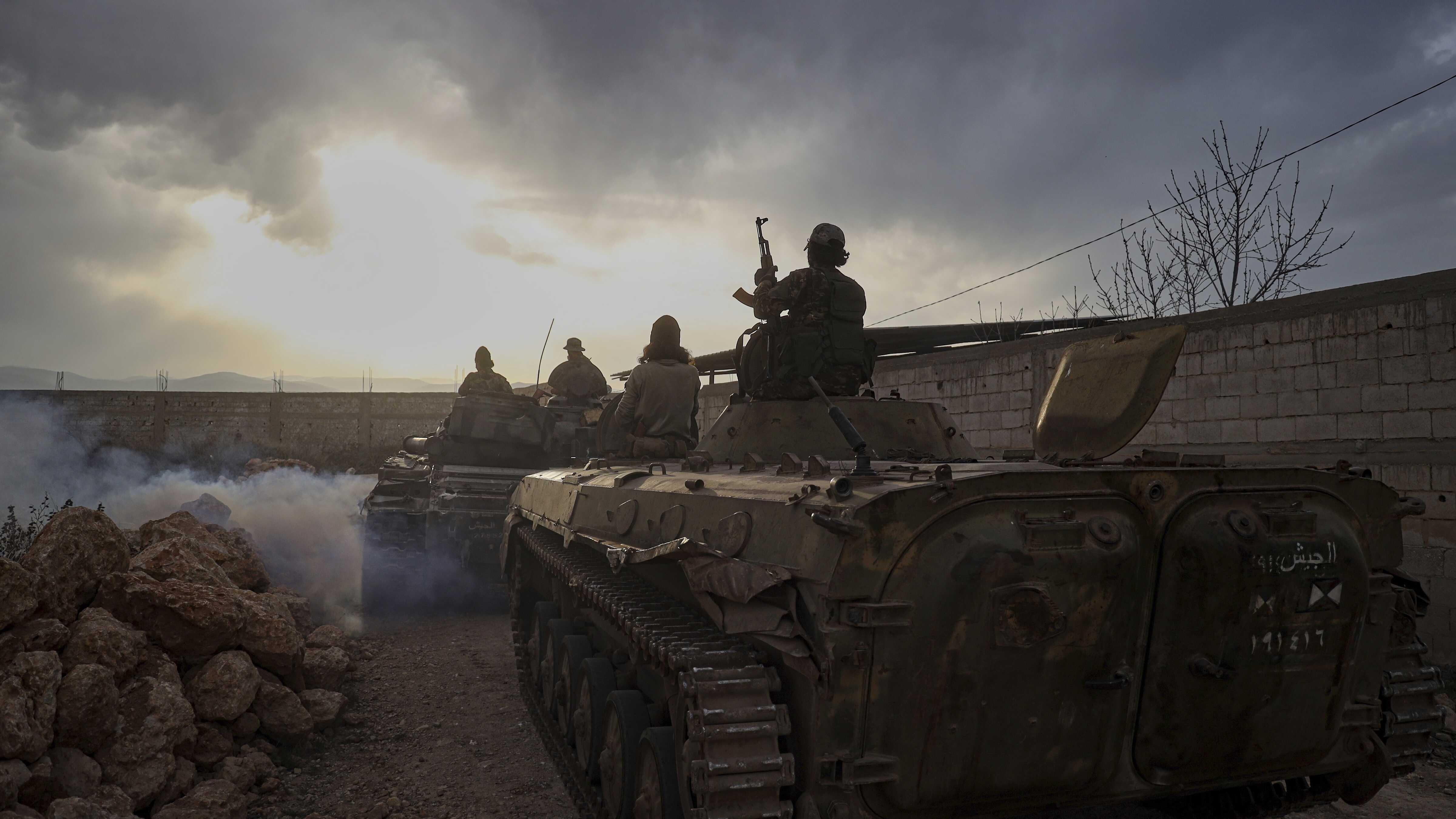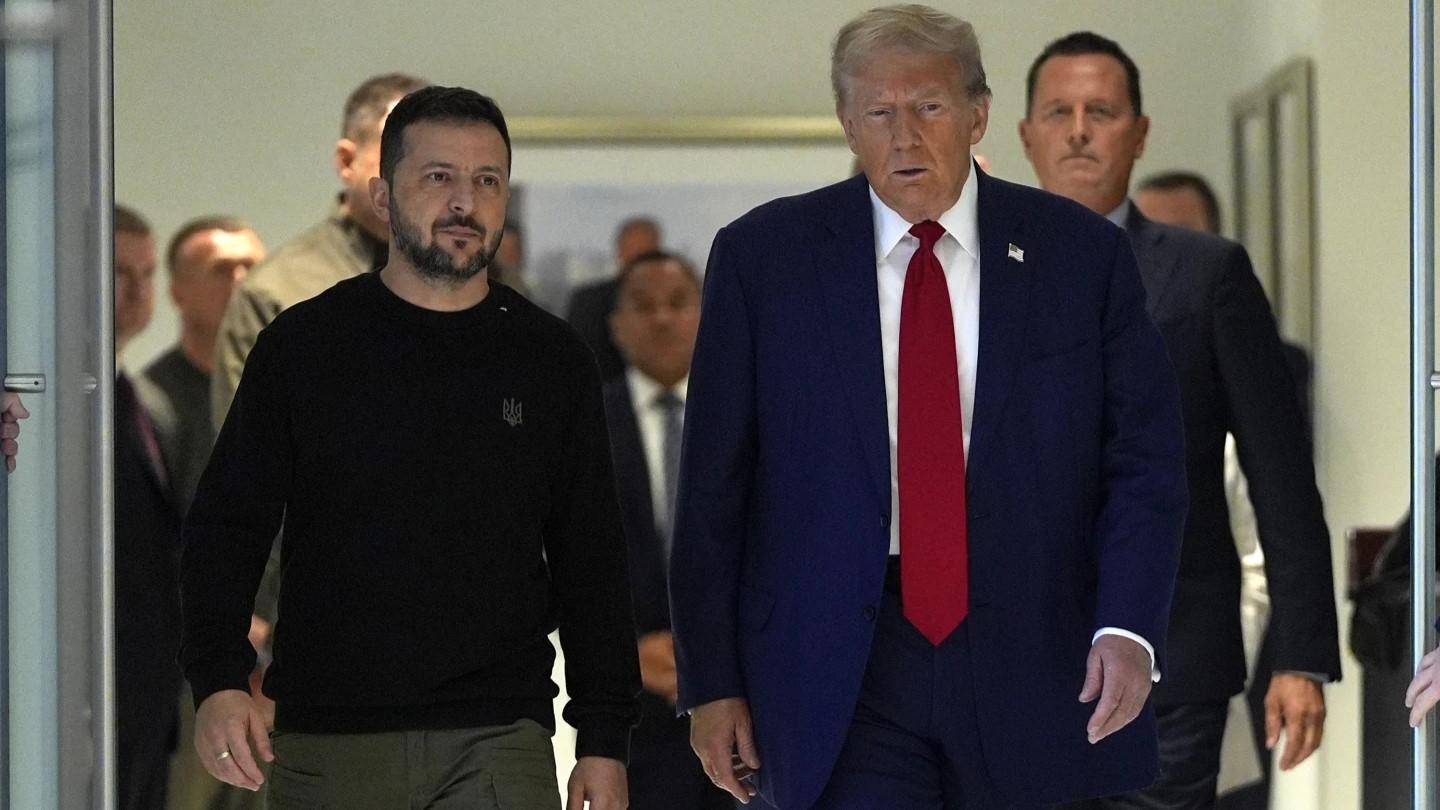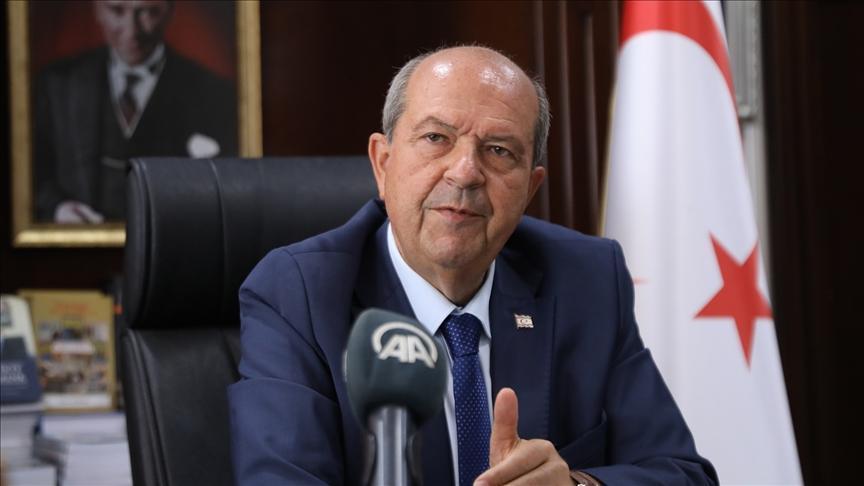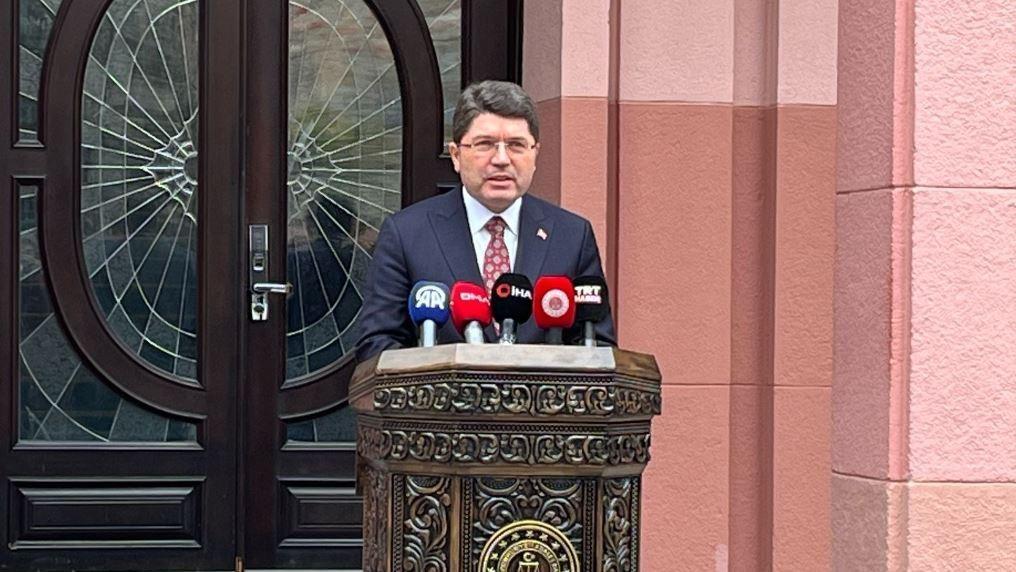Why did the world remain silent?
RAMİ ÇAVEŞ
Since the beginning of philosophy, of questioning, and of being curious, mankind has constantly been asking questions. Among these there is one question that has changed the course of the world. When humanity adopted the habit of asking the question “why?,” the world took on a different form.The Jews have frequently asked the question “why?” concerning the Holocaust, which began in 1933 when Hitler’s National Socialist Labor Party came to power and ended only at the end of World War II, in the summer of 1945, after six million innocent people had been killed only because of their nationality, religion, physical problems or sexual preferences. They are still asking and will continue to ask. We are still asking.
However, another question follows this one, and maybe if we had been able to answer that question, everything could have been very different. That question is “Why did the world remain silent?”
While searching for answers to this question it is good to look at the subject of the sentence. When we say “the world,” what are we including in the concept of “the world”? We can examine the world of that time under three main focuses: Europe led by England, the shining star of the new world order after World War I, the United States, and the young and rebellious Soviet Union, which had undergone a major transformation in 1917.
If we begin attempting to answer the question from the point of Europe, we can say that the powerful wind of the Nazis was blowing everywhere in the continent. Except those controlled by Hitler’s friends Mussolini and Franco, almost every country was either invaded by Germany or under its control. The serious threat of the Nazis was dominating the entire continent, including our country. In this case, they did not have the means -- given that there was no Twitter or Facebook at the time -- to see or learn about what was going on.
Even if they knew, they totally lacked the courage to say so. Under an oppressive regime, in the circumstances of the 1940s, let alone saying such a thing aloud, it was not even possible to know about it. Therefore, maybe it is necessary to understand how Europe was caught up in the whirlwind of Hitler.
We know from history that the Soviet Union, which was closest, after Europe, to what was going on, not only didn’t know the situation, but for a long time was having its own uphill battle against Nazi German troops invading its territory. Another fact we know but generally omit is that the Soviet Red Army had cleared all of the death and work camps that were present in every place where it defeated the Nazis, especially in Poland, and liberated those who were in the camps.
In America, which is geographically farther away, but which set foot on the European continent in 1944 with the invasion of Normandy, the situation was different. Jews in America and the increasing Jewish population were saying that what was happening in Europe was not purely a war, but that other incidents were occurring. The U.S. has preferred to remain silent on this topic, which was discussed both in Congress and in other various official organs. The camps, which were seen and documented by planes during their flights, were somehow never brought to the agenda. What had happened, that the U.S., which was tightly knit with the Jews and which had always stood beside the Jews, kept silent this time? Why wasn’t it raising its voice and barricading the flow of fate, the flow of history? Well, why?
The real question that needs to be considered starts right here: When we say, “Why did the world remain silent?,” for which “world” are we asking this question? Yes, life in the 1940s is a situation most of us know nothing about. Yes, the world was not as global as it is today. But humanity, primarily Germany, closed its ears to those silent screams. It was a world where anti-Semitism was increasing in waves. Why did no one ever raise a voice? One wants to ask: “Hey world! Is there any conscience left here?”
This abridged article originally appeared in daily Şalom, published by Turkey’s Jewish community. It was translated into English by the Daily News staff.











